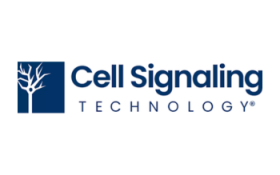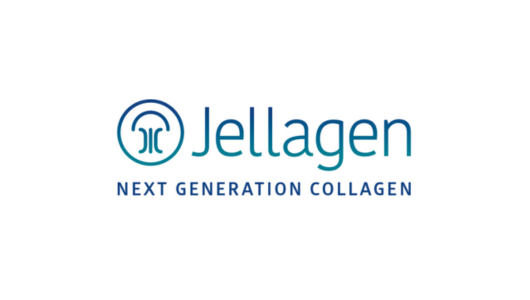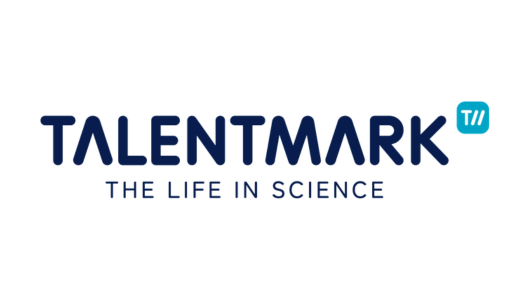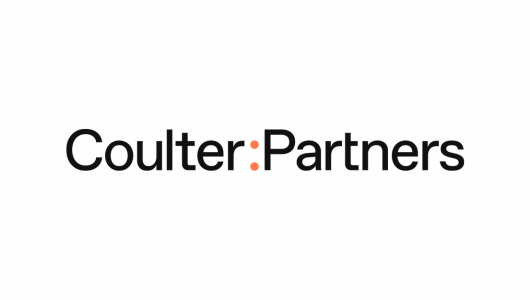Medicilon adds comprehensive NAMs support to its drug R&D service platform, including AI-driven simulations and advanced in vitro and organoid models
Medicilon is pleased to announce the addition of comprehensive NAM (New Approach Methodologies) support to its drug R&D service platform. This is in line with the FDA’s recent decision to undertake a phased-out approach to animal testing requirement for monoclonal antibodies and other biologic drugs, replacing it with in vitro models and technology. This decision officially incorporates NAMs, such as AI and organoids, into mainstream drug safety and efficacy assessment.
NAMs, including AI-driven simulations and advanced in vitro models, are transforming drug discovery and development by offering more human-relevant data. These technologies more accurately predict drug safety and efficacy, leading to higher success rates. This approach reduces reliance on animal testing, lowers R&D costs, accelerates time to market, and aligns with ethical considerations. By utilising NAMs, Medicilon supports its clients in efficiently and cost-effectively advancing innovative biologic drugs and gaining an edge in a global market – as well as meeting scientific, ethical, and sustainability standards.
NAMs are transformative in the drug discovery and development life cycle, reducing or replacing the need for animal testing and all associated ethical concerns, costs, and challenges. NAMs allow us to integrate advanced in vitro models, computational modelling, and AI together in order to evaluate drug safety and efficacy. The high-quality data they generate through in vitro, ex vivo, and in silico experiments helps to facilitate early regulatory engagement with agencies such as US FDA, as well as optimising R&D processes as a whole.
The potential for NAMs within the industry is huge. Patient-Derived Xenograft Organoids (PDXOs), for example, are 3D organoid models derived from patient-derived xenograft (PDX) tumour tissues. These models surpass traditional 2D cell cultures by preserving the complex internal architecture of tumours, offering superior predictive power for selecting clinically relevant in vivo models and expediting drug discovery and development. As this field continues to advance, the transformative potential of PDXOs in cancer research and treatment is immense. Similarly, physiologically based pharmacokinetic (PBPK) models are now widely used in drug discovery and development, increasingly focusing on predicting drug-drug interactions, human PK prediction, and changes in drug disposition across the lifespan.
Medicilon is proud to offer our clients the latest FDA-aligned technology to revolutionise global drug discovery and development. Medicilon’s AI Assisted Drug Discovery Platform offers comprehensive support for drug discovery and development, including protein structure prediction and simulation, binding site discovery, information extraction and cleaning, and customised project database construction, meeting the diverse needs of researchers. The platform provides in-depth assistance at key R&D stages which are otherwise prone to bottlenecks, such as target-to-hit, hit-to-lead, and lead-to-PCC.
Within out Drug Discovery Platform, NAMs generate high-quality data through in vitro, ex vivo, and in silico experiments, including:
-
Advanced in vitro systems like 3D cell cultures, organ-on-a-chip, microphysiological systems (MPS), and organoids that better mimic human physiology;
-
Mechanistic modelling and AI, such as physiologically based pharmacokinetic (PBPK) models, quantitative systems pharmacology (QSP) models, and quantitative systems toxicology (QST) models, along with immunogenicity prediction, to forecast human pharmacokinetics, efficacy, and dosage from in vitro/computational data.
Using NAMs in our platforms is a transformative approach which results in accelerated development cycles, reduced costs, and more robust data for regulatory submissions. The integration of NAMs with previous existing technologies and platforms provides a comprehensive offering, facilitating early regulatory engagement with agencies such as FDA and optimising R&D processes for all our clients.
Allia Future Business Centre
Kings Hedges Road, Cambridge
CB4 2HY
UK
+44 1223 981 792






